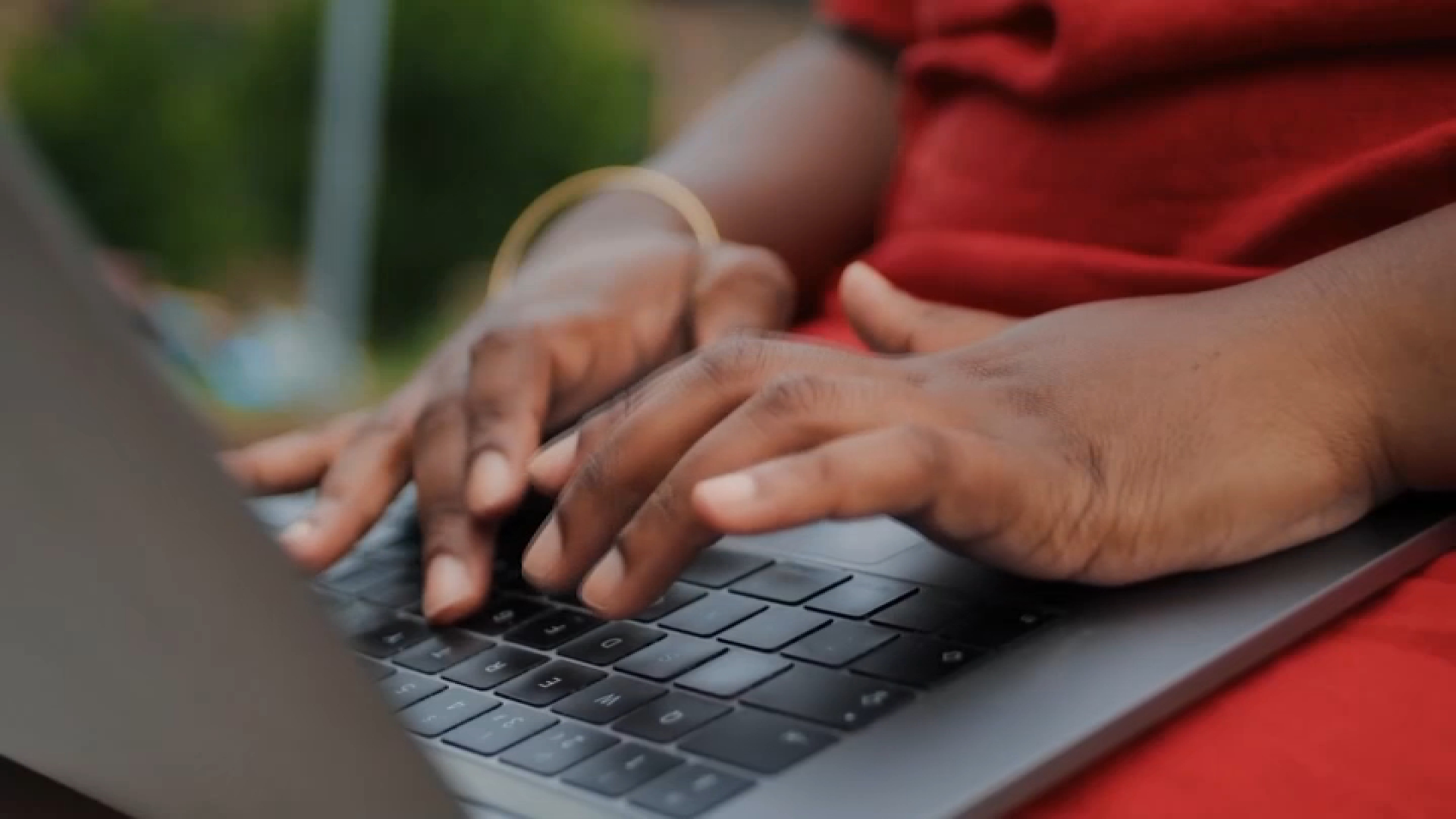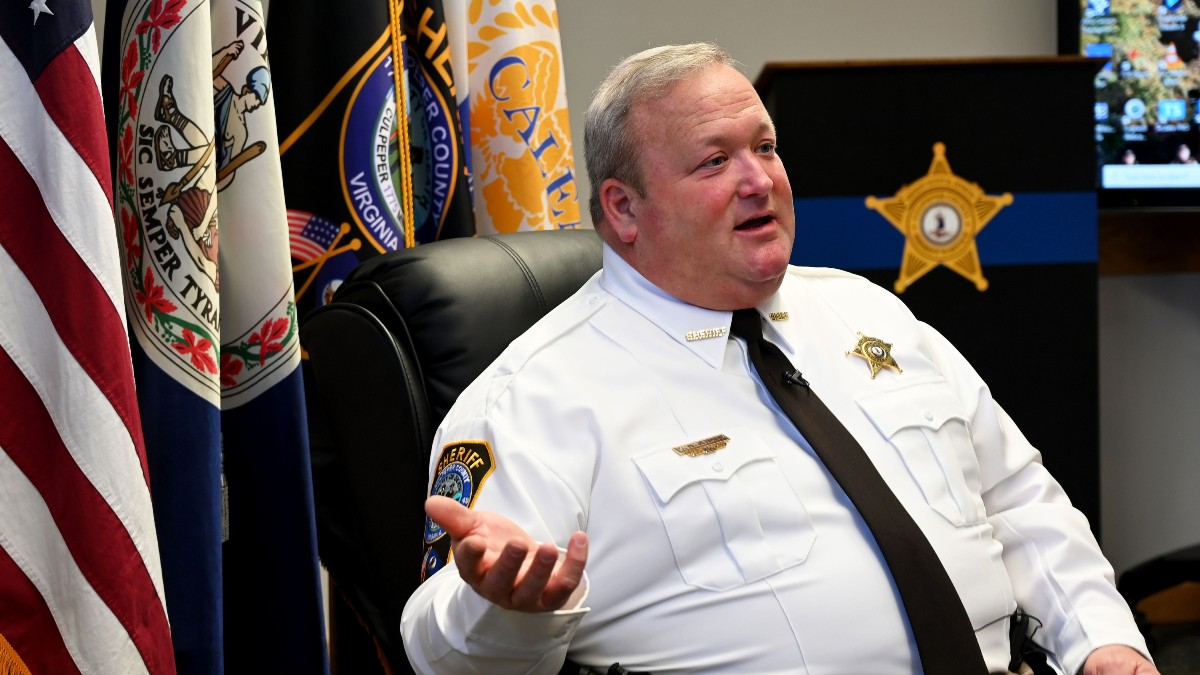Amid the coronavirus pandemic there’s a fear of flying even among the flight crews themselves.
One Maryland flight attendant told the News4 I-Team she loves her work and loves to see the world.
We agreed not to reveal her identity because she’s not authorized to speak to media. She’s grounded indefinitely right now after testing positive for COVID-19.
“I had a headache, I had a dry cough,” she said.
She thinks she contracted it on the job.
“I had been flying a lot the week before I became sick,” she explained.
She provided her test results and flight attendant work documentation to the I-Team.
Investigations
Investigations by the News4 I-Team
“We were washing our hands like crazy; there wasn’t that much information coming out,” she said.
While major airlines have cut but back significantly on flights available, some are still offering rock bottom prices for passengers.
Sara Nelson, president of the Association of Flight Attendants, said at least one flight attendant has died of COVID-19 and a rising number are sick.
“In air travel, it’s impossible to social distance,” Nelson said.
She told the I-Team more flights should be grounded to protect the crews.
“We do not need to have leisure travel at this time, because all that is going to do is increase our contact with each other when social distancing is what we need right now,” Nelson said.
Airlines for America, which represents most major airlines, declined a request for an interview about thepossibility of ending leisure travel. But in a written statement, it said there’s already a dramatic drop in all air travel, with a 90 percent decline in bookings and 1,300 planes grounded.
Several airlines said they've also taken steps, including deep cleanings, added cleanings products, fewer touchpoints between crew and customers and allowing flight attendants to wear masks. ((link to airline responses))
The federal government approved emergency aid for the struggling airlines, and flight attendants, including the Maryland woman now recuperating from COVID-19 at home, say they, too, want to help in the crisis.
“We absolutely would like to help, anything we can do to help,” the flight attendant told the I-Team.
She said that includes working emergency trips for first responders or health care workers. She just doesn't think the risk is worth it for passengers possibly just looking to rack up miles.
“Like we’re superheroes or something,” she said. “As if we can’t catch it or be asymptomatic and be passing it to people.”
Statement From Airlines for America:
We are not able to accommodate an interview, but I am glad to offer the following statement: The safety and wellbeing of our passengers and crew is – and always will be – the top priority of U.S. airlines. Since the onset and throughout the duration of the COVID-19 crisis, U.S. carriers have closely followed and complied with all health and safety rules, as well as CDC and FAA guidance provided to airlines for passengers and crew and will continue to do so.
Statement From American Airlines:
The safety of our customers and team members is our top priority. We are in close contact with the Centers for Disease Control and Prevention (CDC) and public health officials and are coordinating with them on any required health and safety related measures.
We continue to look at all ways we can care for our team during this stressful time. American has told our team members to stay home from work and seek medical advice if they are sick. If a team member is told they need to be quarantined by a doctor, the Centers for Disease Control and Prevention (CDC), and/or a local public health department professional, they will not receive attendance points or occurrences, or be progressed through any discipline processes due to absences. We have also extended a two-week paid sick policy for all team members who have a confirmed diagnosis of COVID-19 or who are quarantined, including our represented team members, and have worked with our union partners to extend this policy broadly.
While the CDC isn’t recommending that airline crews wear masks, we understand many of our crew members are concerned and have asked about our mask policy. As a result, we have adjusted our policy on a short-term basis as the situation evolves. While it is not medically recommended, American is allowing flight attendants to wear masks during all phases of flight, regardless of destination. In addition, while the CDC isn’t recommending that airline crews use gloves to prevent the spread of the Coronavirus/COVID-19, we’re adjusting our policy on a short-term basis to allow flight attendants to wear gloves during all phases of flight.
Lastly, we have voluntary leave options for eligible team members. For flight attendants, this means partial compensation is included for those participating in these programs.
Bottom line: If our crews are concerned about flying, we have options available for them. These options have been agreed upon by the company and the union that represents our flight attendants.
Statement From United Airlines:
Here’s a link to our site, which provides some information about steps we’re taking to protect our employees and customers. Also, specifically related to flight attendants, here’s a list of some of the measures we’ve taken:
On board
- Aircraft
cleaning standards meet, and in many cases, exceed CDC guidelines. This
includes:
- Cleaning and disinfecting tray tables, PA speakers and crew bed cleaning
- Aligning United Express aircraft cleaning to the same standards as mainline
- Implementing electrostatic sprayers at U.S. hubs for inbound international long-haul flights.
- Implementing enhanced aircraft deep cleaning processes on aircraft known to have carried individuals with confirmed cases
- Temporary
removal of select items to minimize common touch points.
- Removal of onboard Hemispheres magazine, Chase seatback inserts, and the United Explorer Card applications.
- Providing
personal protective equipment on all flights. We’ve added:
- Disinfectant wipes
- Increased the number of gloves onboard
- Added alcohol-based sanitizer to lavatory kits.
- Kits are provided with additional supplies (masks, gloves, sani-coms, hand sanitizer, disinfectant wipes, and hand soap) for flight attendants working all current international flights, between Guam and Tokyo-Narita and Honolulu and Guam Island hopper service.
- Crew members wearing surgical masks at their own discretion before, during, and after flight.
- Changed
onboard service to minimize touchpoints between crew and customers, including:
- Handing snacks and beverages to customers
- Moving to primarily pre-packaged foods and sealed beverages
- Suspending Buy on Board, hot towel service and pick-up pans to collect trash.
- Boarding additional disposable cups so new cups can be used instead of refills.
- In
the process of implementing additional crew rest options including:
- Blocking seats in the cabin to allow for crew rest
- Relocating customers away from close proximity to jumpseats, where practical.
Inflight bases
- Added additional hand sanitizer dispensers at base entrances and/or throughout each base area.
- Closed off sleep room areas to discourage large groups in a small, enclosed space.
- Increased the frequency of janitorial staff cleaning throughout the day
- Cleaning shared areas regularly.
- Conducting deep cleans at least once a week, using foggers, if available.
- Placed stanchions around the Concierge desk to encourage safe social distancing.
Crew hotels and meals
- Working with our Flight Ops and Hotel Ops teams, we’ve consolidated crew hotels to co-locate pilots and flight attendants to ensure crew members have access to a safe hotel with food options.
Training
- Received FAA approval to use alternative training methods for certain required crewmember emergency procedures and temporarily ceasing training at all locations.
Reported by Scott MacFarlane, produced by Rick Yarborough, and shot and edited by Jeff Piper.



